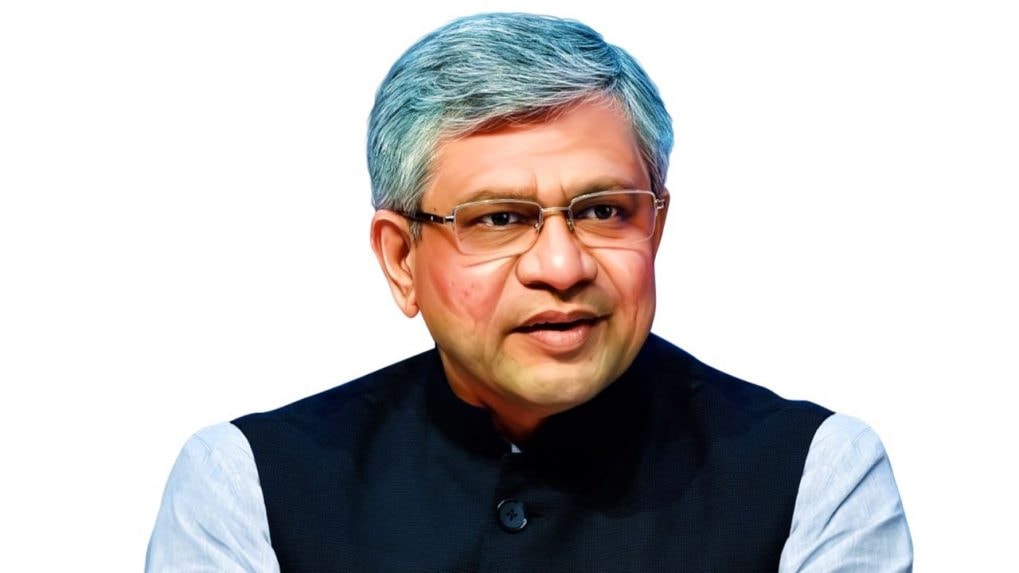How it Works
WPP, Havas, Omnicom: Are advertising’s biggest holdcos recasting agencies as AI Operating Systems?

Union Minister for Electronics and Information Technology Ashwini Vaishnaw on Monday assured stakeholders from India’s online gaming ecosystem that the government is committed to promoting esports and social games, even if amendments are required in the recently passed Promotion and Regulation of Online Gaming Act, 2025 (PROGA).
At a stakeholder meeting held in Rail Bhawan on Monday, Vaishnaw sought to address mounting concerns from the video gaming and esports industry over the scope and clarity of the new law. “We want to promote esports and social games prominently, and if there is confusion in clarity and definitions, we will help and support you to resolve your concerns. If need be, we will bring amendments to the new law,” the minister said.
The Act currently defines three categories—banned online money games, online skill-based games (OSGs), and esports—but does not clarify how new or hybrid formats outside these categories will be treated. This ambiguity has raised concerns among indie studios, investors, and community-driven gaming models that risk being left in regulatory limbo.
Video gaming industry urged policymakers to ensure the law does not morph into red tape. “Clear and consistent definitions will create a strong regulatory foundation that ensures investor confidence, long-term stability, and sustainable growth,” one executive said, warning that heavy compliance requirements could stifle small and mid-sized video gaming firms.
The All India Game Developers Forum (AIGDF) has advised members to prepare for compliance but has also pressed for early consultations to address these ambiguities.
For online real money gaming industry, Vaishnaw emphasized that safeguarding player funds remains a top government priority. He assured that the Ministry of Electronics and IT (MeitY) will issue FAQs and guidance for a smooth transition, particularly for users withdrawing balances from affected platforms.
Online money gaming industry associations flagged concerns over offshore betting and gambling operators that continue to advertise in India despite the domestic ban on real-money games. Gaming bodies also pressed for sensitization of banks to differentiate between banned real-money games and legitimate esports or casual social gaming platforms.
The government has already held parallel meetings with banks and payment firms on Friday, including Razorpay, PhonePe, Stripe, RBL Bank, and Yes Bank, attended by the RBI’s Deputy Governor. Discussions focused on designing operational rules for payment channels to clearly distinguish between permissible and prohibited games.
The meeting, which began at 3 p.m., saw participation from key stakeholders including the All India Gaming Federation (AIGF), E-Gaming Federation (EGF), E Gamers and Players Welfare Association (EPWA), Esports Federation of India, and the Federation of Indian Fantasy Sports (FIFS). EPWA founder Shivani Jha highlighted the urgent need for mechanisms to safeguard user balances, noting that many players remain unable to withdraw funds following recent shutdowns.
Even as consultations progress, the law is already facing legal scrutiny. On Saturday, the Karnataka High Court heard a petition filed by Head Digital Works, parent company of A23, challenging the constitutionality of PROGA. The Centre has been directed to submit its response by September 8.
Despite criticism of excessive government control, Vaishnaw reiterated the Centre’s intent to make India a global leader in esports while keeping gambling and real-money gaming platforms firmly out of bounds. “The government will hold more consultation meetings before full implementation of the law,” he assured.
From purpose-driven work and narrative-rich brand films to AI-enabled ideas and creator-led collaborations, the awards reflect the full spectrum of modern creativity.
Read MorePraveen Someshwar, Managing Director and CEO of Diageo India, joins the Grand Jury of the Storyboard18 Awards for Creativity, highlighting the awards’ focus on work that blends cultural relevance with strategic and commercial impact.